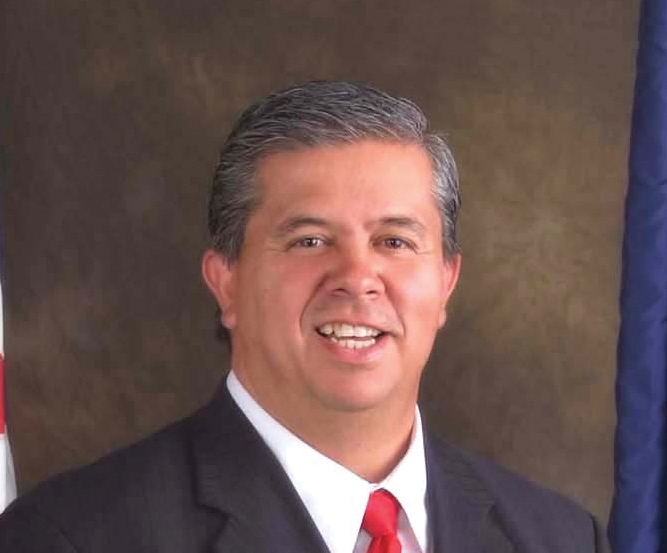It seemed, at first, like a slam-dunk.
House Education Committee Chairman Reed DeMordaunt and Senate Education Committee Chairman John Goedde co-sponsored a plan to keep public schools whole for 2012-13 — giving them back $30.6 million that had been tied up in the voter-rejected Students Come First laws.

House Bill 65 sailed out of DeMordaunt’s committee without opposition and passed the House on a 69-0 vote.
That was on Feb. 19, going on five weeks ago.
The bill has been parked in Goedde’s committee ever since.
And the late-session maneuvering leaves public schools in budget limbo. With legislative leaders hoping to wrap up the 2013 session by Friday, Idaho School Boards Association Executive Director Karen Echeverria is hearing from her constituents. “They’re getting anxious.”
What’s at stake?
Here’s what’s in HB 65 for school districts:
- Nearly $16.2 million for technology programs and professional development.
- A $4.85 million line item for math and science teachers.
- An $842,000 line item for dual credit.
- Another three months of the so-called “use it or lose it” spending flexibility, which allows districts to hire fewer staff positions than the state funds.

At this point, with the state’s Feb. 15 payment to the districts long since sent out, the delays over HB 65 aren’t making matters any worse for the schools. The state’s plan was to distribute the money in its May payments to schools, and square up the books, said Melissa McGrath, a spokeswoman for Superintendent of Public Instruction Tom Luna.
If HB 65 doesn’t pass — if it is held in Senate Education, for instance, or if the Senate votes it down — the $30.6 million goes into the public schools’ reserve account. In essence, the money would be taken out of the payments districts will receive from the state in May, and go into savings.
“It’s important for districts that it passes this session,” McGrath said.
How did we get here?
When the Students Come First laws were rejected, lawmakers quickly realized that it left tens of millions of dollars unspoken for.
The Joint Finance-Appropriations Committee asked staff to write a supplemental spending bill for 2012-13, said Sen. Dean Cameron, R-Rupert, a JFAC co-chair. But it was never introduced, and HB 65 was instead.
The civics are a bit complicated — like many issues that have stemmed from the Students Come First repeal. And Cameron chooses his words carefully.
It can be argued that JFAC appropriated the $30.6 million in the first place, said Cameron, and that the education committees should be able to set policy in the form of legislation such as HB 65. And having done that, he said, HB 65 is a reasonably good bill that should pass — or schools will be hurt.
What’s the holdup?
That’s difficult to say.
HB 65 has been an on-again, off-again item on Senate Education’s agenda.
The bill was on the committee’s agenda for Wednesday, but was abruptly pulled shortly before the meeting.

Then the bill came up Thursday, briefly. Senate Education voted to hold the bill in committee. The motion to hold the bill was made, at Goedde’s request, by Sen. Dean Mortimer, R-Idaho Falls, a fellow sponsor of HB 65.
“We’re considering some amendments,” Goedde said Friday. “(The bill) has to come out of this body before we can leave.”
But any amendments would also go back to the House for its approval — in the final days of the session.
On Monday afternoon, Senate Education meets with three House-passed bills on its agenda. HB 65 is not one of them.
